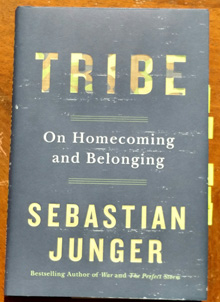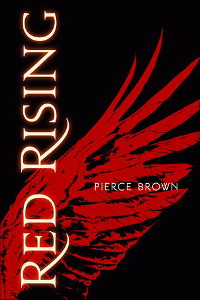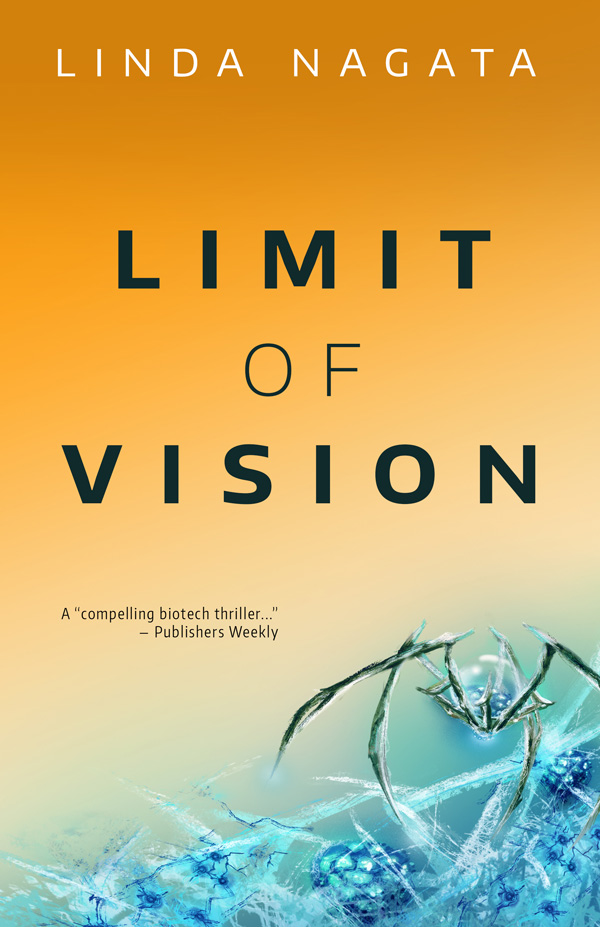 Evolutionary biologist Stephen J. Gould used Kipling’s term “just-so stories†to describe explanations of biological forms and functions that sounded good, but didn’t hold up to closer examination. This was on my mind as I finished Sebastian Junger’s latest book, Tribe.
Evolutionary biologist Stephen J. Gould used Kipling’s term “just-so stories†to describe explanations of biological forms and functions that sounded good, but didn’t hold up to closer examination. This was on my mind as I finished Sebastian Junger’s latest book, Tribe.
Junger is the author of the excellent and highly recommended War, a narrative of his time as an embedded reporter in the Korengal Valley of Afghanistan. Tribe is a short book by comparison. It looks at human societies and especially the egalitarian social structure of some tribes. It also considers the impact of struggle on group cohesiveness, the experiences of soldiers both at the frontline and after coming home from war, gender roles, and many other things. It’s a quick read, always fascinating, and packed with interesting and provocative anecdotes — but by the end I was suspicious that I’d read something close to a “just-so story.â€
Early on, Junger talks about the effect of disasters on human society, using examples of strategic bombing during World War II and a study by Charles Fritz that looked at the way people behave during natural disasters:
Fritz “was unable to find a single instance where communities that had been hit by catastrophic events lapsed into sustained panic, much less anything approaching anarchy […] people overwhelmingly devoted their energies toward the good of the community…â€
The idea this leads to is that in such situations, innate tribal bonds rise to the surface, and people are more willing to work and sacrifice for the group, rather than working for themselves alone.
Junger follows with a poignant observation: “The beauty and the tragedy of the modern world is that it eliminates many situations that require people to demonstrate a commitment to the collective good.†In other words, we are safe and wealthy enough that we can live in isolation, but that means we’re living in isolation, with the implication that this is an unhappy existence.
The book contains discussions of gender roles, leadership styles, the appeal of tribal social structures, and also the toxic political environment we presently endure:
“People speak with incredible contempt about — depending on their views — the rich, the poor, the educated, the foreign-born, the president, or the entire US government. It’s a level of contempt that is usually reserved for enemies in wartime […] Unlike criticism, contempt is particularly toxic because it assumes a moral superiority in the speaker…â€
There is a lot here to like and a lot to think about, but for me, romanticizing tribal societies is troubling. As soon as I finished Tribe, I went to look for a counterpoint — I was sure I’d find one — and I did. In response, Ann Marlowe at Tablet, asks “Do We Really Want To Be Members of a Tribe?” and takes a hard look at many points of the book.
Nevertheless, I recommend Tribe — it will give you much to think about.
 I don’t remember hearing much about Pierce Brown’s novel Red Rising within the SFF genre, but it’s been a hugely popular book, with 3,200 Amazon reviews averaging 4.5 stars. Even after I finally noticed it, I assumed it was a YA novel, and I’m not particularly interested in YA, so I didn’t pursue it. What finally persuaded me to take a serious look was an enthusiastic recommendation from @alexvdl0 on Twitter. (See? Word of mouth really does work!)
I don’t remember hearing much about Pierce Brown’s novel Red Rising within the SFF genre, but it’s been a hugely popular book, with 3,200 Amazon reviews averaging 4.5 stars. Even after I finally noticed it, I assumed it was a YA novel, and I’m not particularly interested in YA, so I didn’t pursue it. What finally persuaded me to take a serious look was an enthusiastic recommendation from @alexvdl0 on Twitter. (See? Word of mouth really does work!)








 Evolutionary biologist Stephen J. Gould used Kipling’s term “just-so stories†to describe explanations of biological forms and functions that sounded good, but didn’t hold up to closer examination. This was on my mind as I finished Sebastian Junger’s latest book, Tribe.
Evolutionary biologist Stephen J. Gould used Kipling’s term “just-so stories†to describe explanations of biological forms and functions that sounded good, but didn’t hold up to closer examination. This was on my mind as I finished Sebastian Junger’s latest book, Tribe.